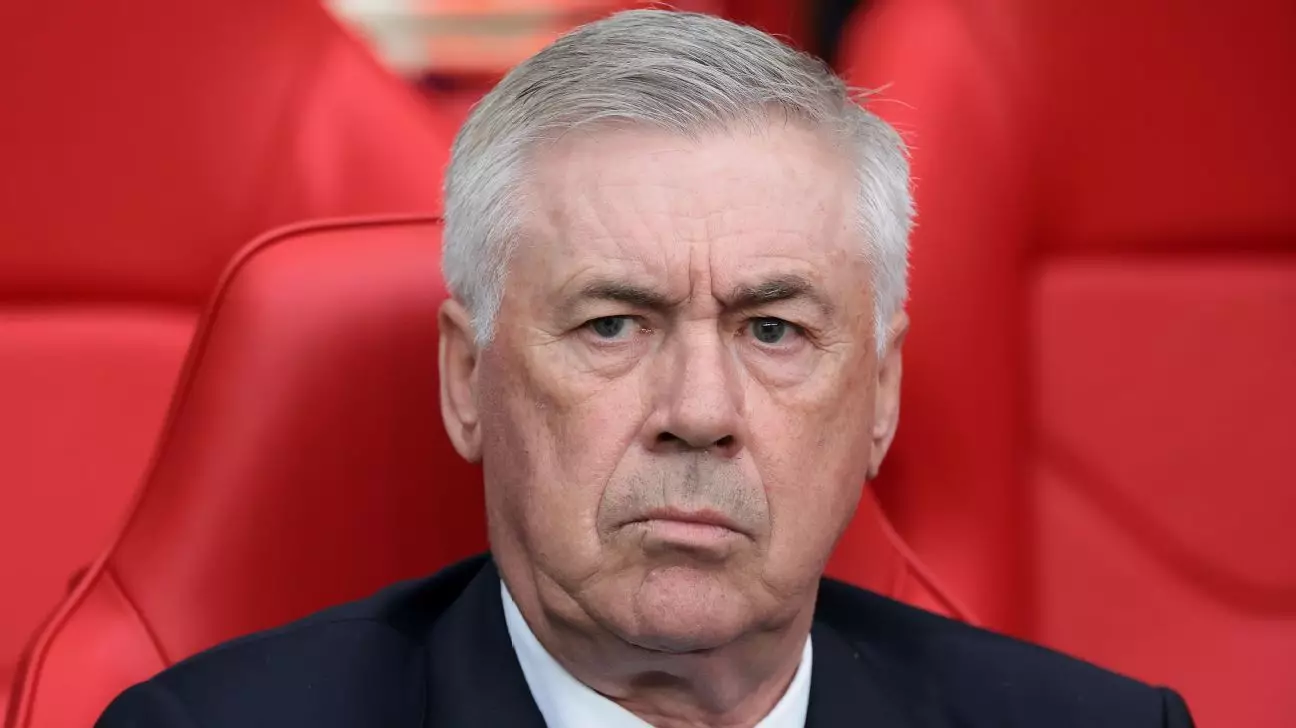Real Madrid manager Carlo Ancelotti recently announced that the club will not be participating in the upcoming FIFA Club World Cup due to a lack of financial incentive. Despite being one of the qualified teams thanks to their Champions League victories in 2022 and 2024, Ancelotti made it clear that Madrid, along with other unnamed clubs, will be sitting this one out. According to Ancelotti, the monetary compensation offered by FIFA, €20 million for the entire tournament, does not align with the value of a single Real Madrid game. This assertion raises questions about the financial viability of participating in such competitions for top-tier clubs.
The FIFA Club World Cup, set to take place in the United States in June and July 2025, features an expanded format with 32 teams from various continents. The new structure aims to emulate the success of prestigious club competitions like the Champions League and the Copa Libertadores. This contrast is evident in the previous edition of the Club World Cup, which hosted only seven teams and saw Manchester City emerge as the champions. With the new format, FIFA intends to involve a broader range of clubs through regional qualifying pathways based on continental performance.
Despite FIFA’s efforts to promote the Club World Cup as a significant event in the football calendar, the tournament has faced backlash from domestic leagues and players’ unions. Criticisms have focused on the strain it places on players, with concerns about overworking athletes in an already packed football schedule. FIFA president Gianni Infantino has pushed back against these critiques, emphasizing that the tournament represents a minimal fraction of overall football matches worldwide. Infantino argues that FIFA’s investment in the sport through such events benefits football globally and aims to propel the sport’s growth and development.
As Ancelotti takes a break in Vancouver, Canada, following Real Madrid’s successful season, he remains optimistic about convincing midfielder Toni Kroos to reconsider his retirement plans. Kroos had previously announced his intention to retire after the European Championship but may potentially extend his playing career under Ancelotti’s persuasion. This situation underscores the role of managers in influencing players’ decisions and highlights the personal relationships and dynamics within football clubs.
Real Madrid’s decision to forego the FIFA Club World Cup sheds light on the complex interplay between financial considerations, club prestige, and player welfare in modern football. As the sport continues to evolve and adapt to changing landscapes, clubs and governing bodies must navigate these factors to ensure a sustainable and equitable future for the global game.
